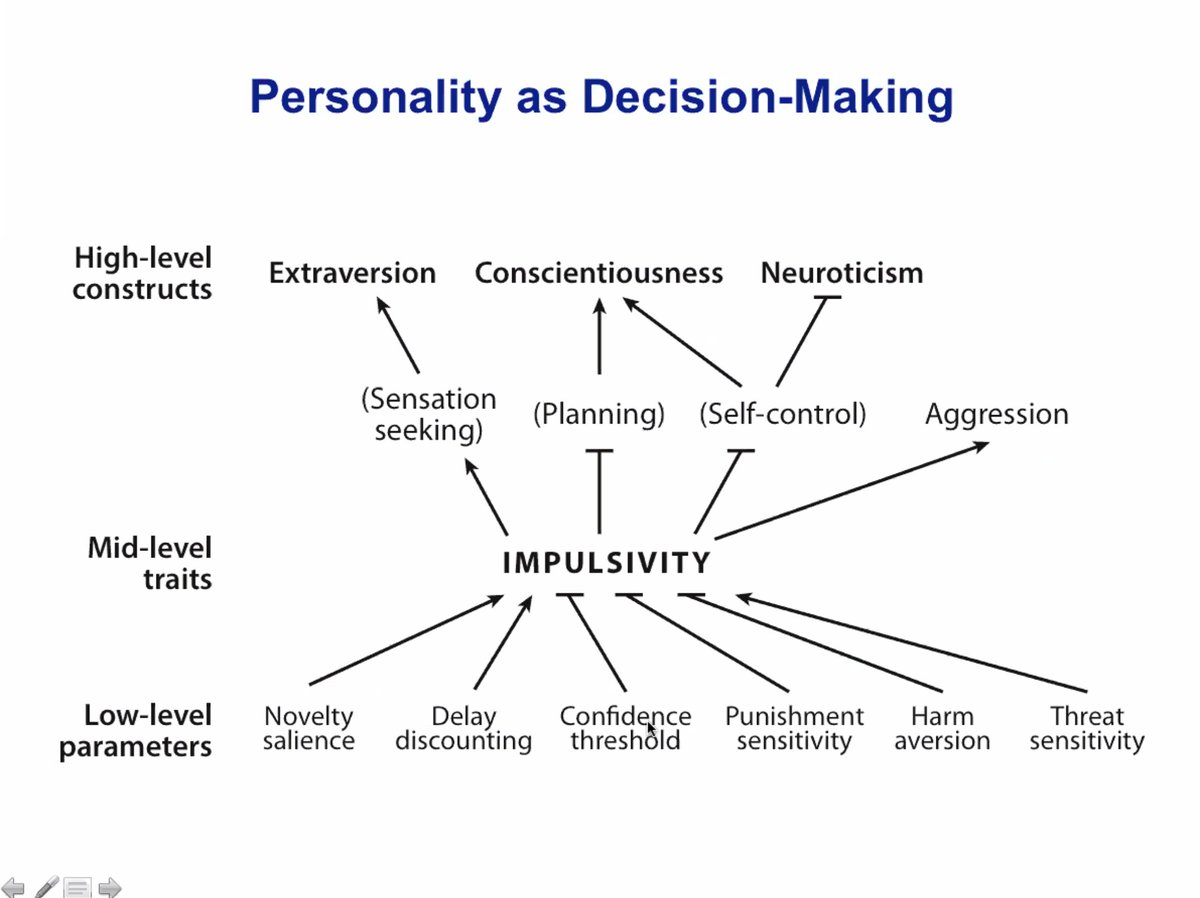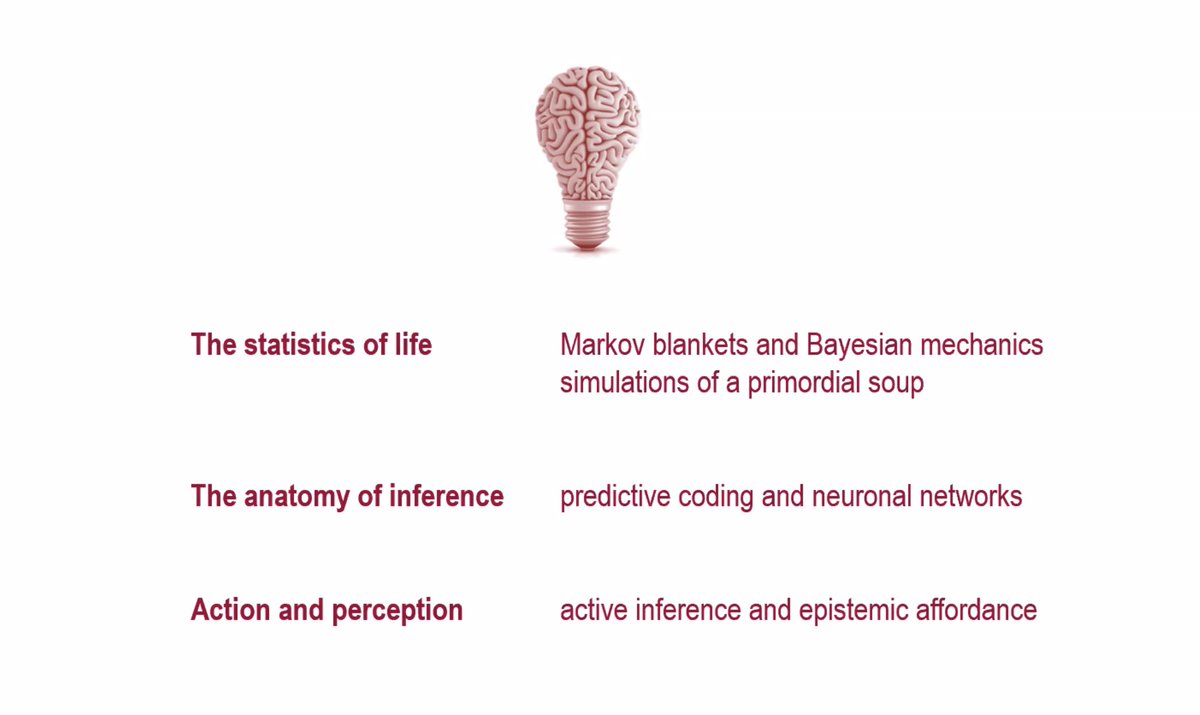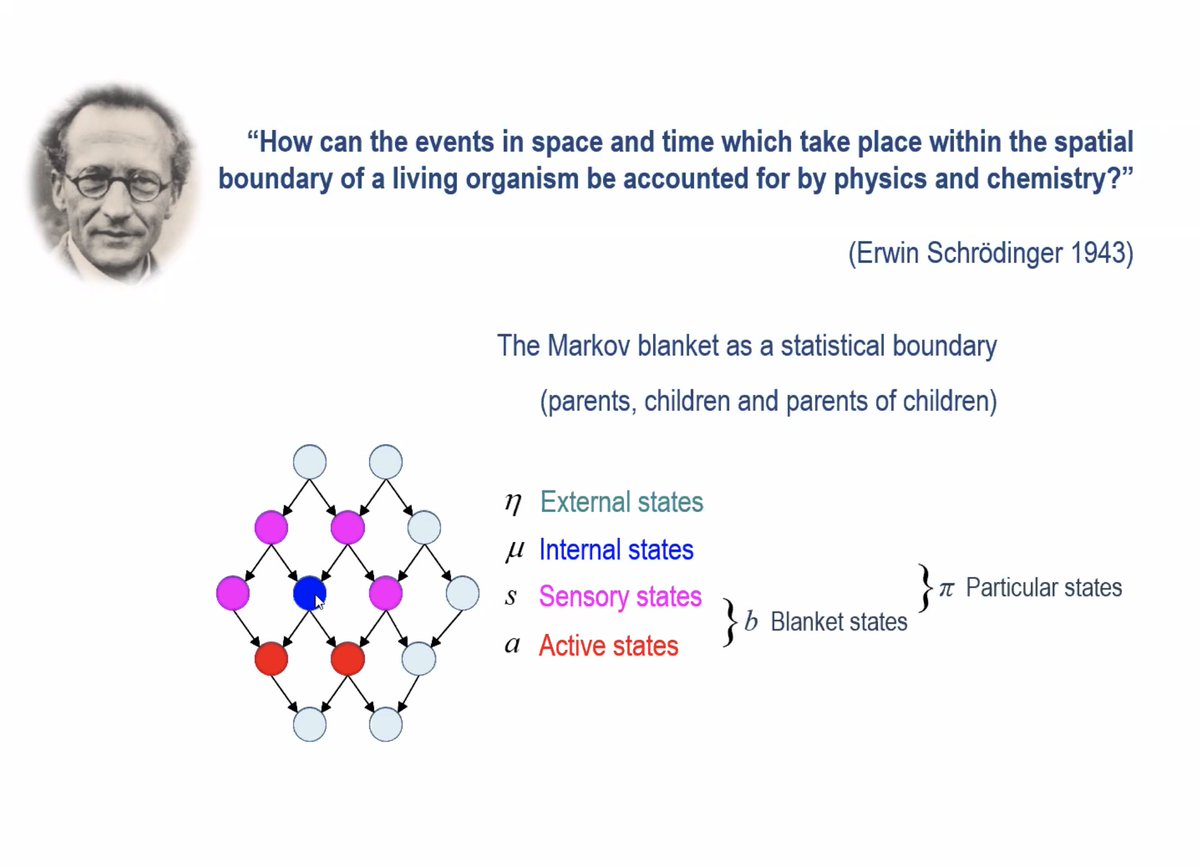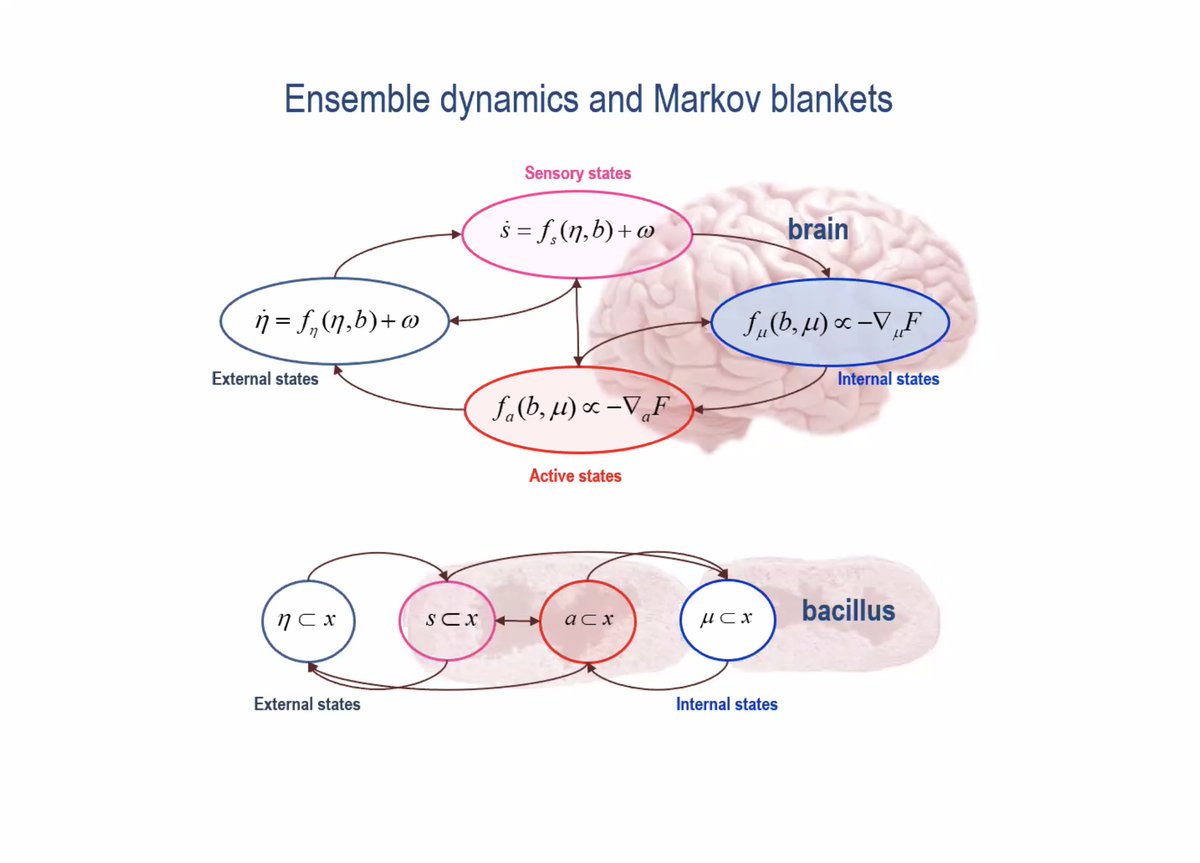
"It remains to be seen if we'll rise to this challenge. I'm optimistic, but there's so much more we need to do. We're good at developing new technologies...are we as good at the society-scale change we need?"
- SFI/@MIT Prof Jessika Trancik on @voxdotcom:
player.fm/series/vox-con…
- SFI/@MIT Prof Jessika Trancik on @voxdotcom:
player.fm/series/vox-con…
@MIT @voxdotcom "If you're purchasing a #CleanEnergy technology, you're creating a market that then drives more #innovation, so everybody can contribute. It DOES also mean that we can't find #SilverBullets. We can't find one really smart person to solve this. We need everyone to contribute."
@MIT @voxdotcom "The way we can get larger projects to improve more quickly is #standardization. We need to understand the parts that are holding projects back, where the inefficiencies come in. I use a broad definition of #technology because these #inefficiencies crop up in different ways."
"In certain Asian markets, you can get #ElectricVehicles that are like, $10K. Battery costs have come down 97% since the early 90s."
- Jessika Trancik SFI/@MIT
- Jessika Trancik SFI/@MIT
"I'm not saying that #smartcities are bad, but we only need to be *just smart enough.* Not too far. When people imagine this, they imagine everything connected, and there are energy costs, there are #privacy concerns that have to be taken into account."
- Jessika Trancik SFI/@MIT
- Jessika Trancik SFI/@MIT
• • •
Missing some Tweet in this thread? You can try to
force a refresh







































